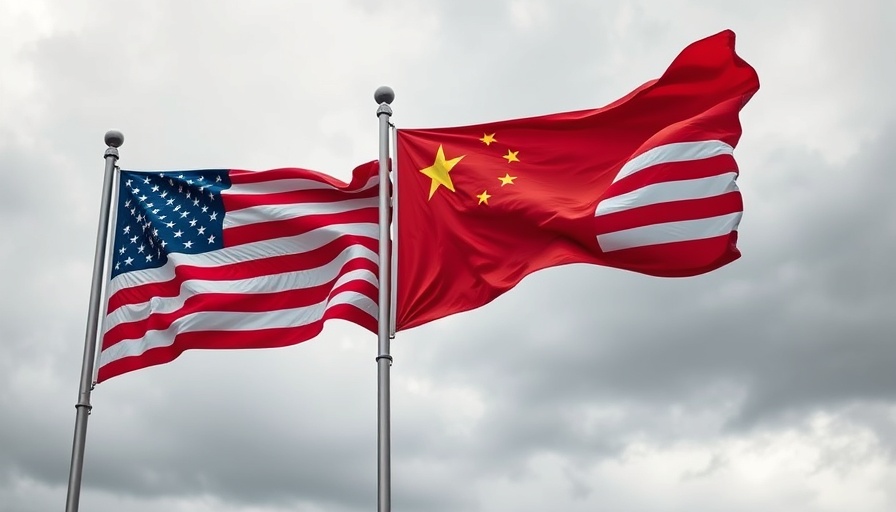
The Arrival of Refugees: A New Chapter for Afrikaners
This week marked a significant development in U.S.-South African relations as the first group of 59 white South Africans arrived in the United States, granted refugee status by the Trump administration. This initiative has sparked a wave of discussions regarding racial dynamics, international refugee policies, and geopolitical interests, as prominent figures insist that this is about justice for those claim to be victims of discrimination.
Understanding the Refugee Status: Why Afrikaners?
For many, the question remains: why are Afrikaners being prioritized above other groups facing genuine humanitarian crises in places like Africa? President Trump, defending his stance, stated that Afrikaners face "genocide" in their homeland, a claim that South African officials vehemently dispute, affirming that there is no credible evidence of such persecution. Criticism from various quarters suggests that this move aligns more with political strategy than humanitarian need, emphasizing Trump's tendency to cater to his base rather than addressing global issues impartially.
Debate on Racial Policies and Historical Context
The notion of a refugee policy biased towards white South Africans draws upon a fraught racial history both in South Africa and the United States. While many Americans view the African continent through a lens of poverty and conflict, addressing white Afrikaners as victims revisits colonial narratives that often overlook the experiences of those who fought against apartheid. This complex interplay of race, power, and legislative action illustrates the need for comprehensive discussions on immigration and refugee status.
Insights from South Africa: A Mixed Reaction
The arrival of these refugees has stirred confusion and criticism back in South Africa. Many citizens strive to convey that the narrative of white genocide is misleading and serves more to polarize than to unite. The domestic reaction varies, with some sympathizing with the plight of Afrikaners, while others stress the insensitivity of prioritizing them over historically oppressed groups. This discourse highlights the deep-seated issues surrounding race relations and societal equilibrium within South Africa.
Global Implications and Future Trends in Refugee Policies
The implications of Trump's decision extend beyond just U.S.-South African relations. It poses essential questions on how refugee policies are shaped in the context of political rhetoric. As we navigate into the future, competing narratives may arise surrounding who qualifies as a refugee and who deserves assistance based on political alignments rather than humanitarian needs. With potential shifts come the repercussions on how the global community views asylum and refuge, affecting international relations significantly.
Lessons Learned and Paths Forward
For readers and observers, understanding this situation aids in grasping broader socio-political dynamics at play. As we witness this unfolding crisis, it may elicit broader questions regarding justice, equity, and historical accountability. To navigate these discussions productively, it’s essential to advocate for policies that prioritize humanitarian needs over political gains.
This moment in history reminds us that the pathways of migration and refuge are often marred by complex narratives that intertwine national identity, human rights, and political maneuvering. Being an informed citizen involves understanding these nuances to foster a more compassionate approach to international issues.
 Add Row
Add Row  Add
Add 



Write A Comment